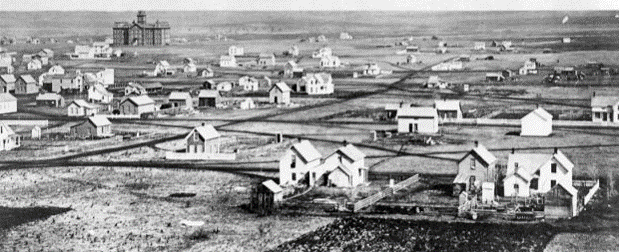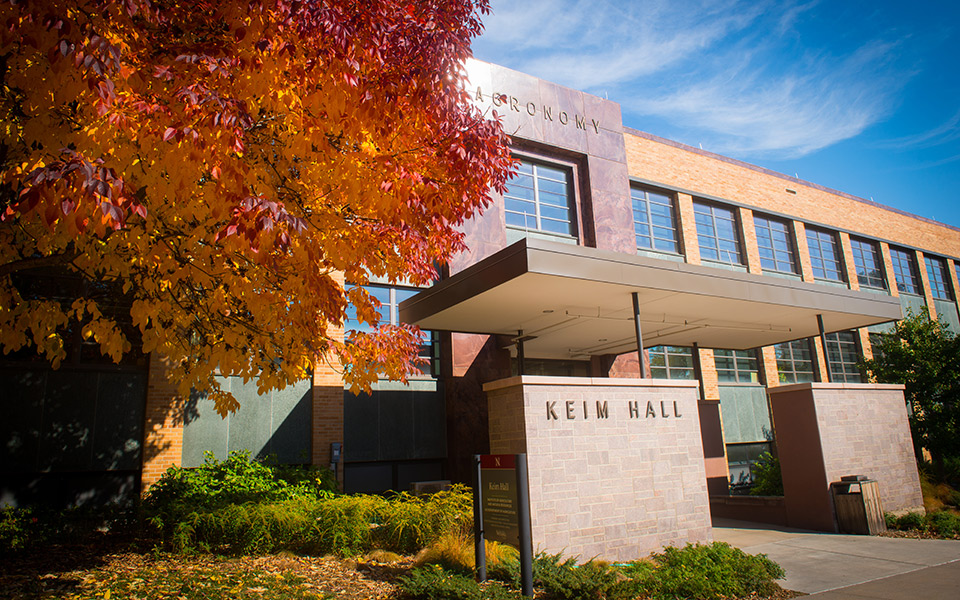History of Grassland Studies

Nebraska has a rich heritage in its grasslands, which comprises over 60% of the state's land mass. These grasslands serve as the basis for a strong cattle industry, vital wildlife habitat, a natural resource for maintaining surface and ground water quality, a source for sports and leisure recreation and an influence on urban quality of life.
In addition, the University of Nebraska has a history of excellence in grassland research and education. Faculty, dispersed among many discipline-based units in the university system, provide nationally recognized leadership in the development of forage, range and turf grasses. Their work emphasized the importance of having a grassland center for drawing together faculty at the University of Nebraska–Lincoln whose primary research and educational efforts were on some aspect of grasslands.
It is from this heritage, research and education that the Center for Grassland Studies came into existence at the university within the Institute of Agriculture and Natural Resources in 1994.
The University of Nebraska has had a pivotal role in grassland and rangeland history, not only within the state, but across the country. Charles Bessey, Fredric Clements, J.E. Weaver and Arthur Sampson forged new pathways and left their marks within the field. To learn more about their impact, click on University of Nebraska: A Prairie University and its Impact on Range and Forage Science.
Establishment of Center for Grassland Studies
The Center for Grassland Studies was formed within the Institute of Agriculture and Natural Resources at the University of Nebraska–Lincoln in 1994. Dr. Martin Massengale, President Emeritus of the University of Nebraska System and a Foundation Professor in the Department of Agronomy and Horticulture, was appointed as Founding Director for the Center. Upon his retirement as Dean of the College of Agricultural Sciences and Natural Resources in 2017, Dr. Steven S. Waller took on the leadership role of the Center as its Interim Director. The current Interim Director of the Center is Dr. Walt Schacht. The Center’s mission is the implementation of focused, interdisciplinary research, education and service programs and activities that emphasize the role of grasslands as a natural resource and enhance the efficiency, profitability and sustainability of grasslands and turfs.
